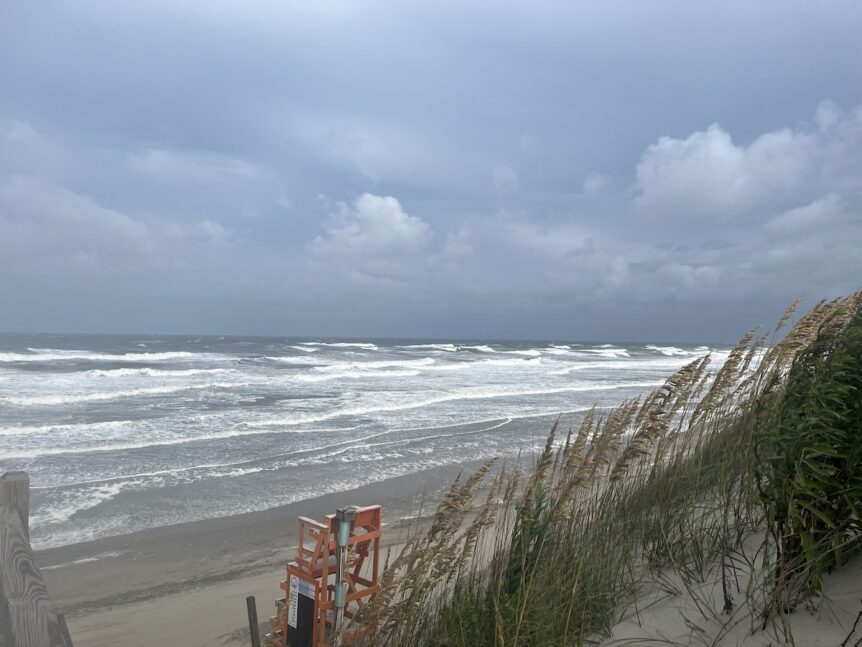Another house has collapsed into the ocean in Rodanthe, North Carolina, due to the strong waves and high tides of Hurricane Ernesto. More homes are at risk as the storm rages on and climate change continues to threaten our homes and environment.
House Collapse in North Carolina
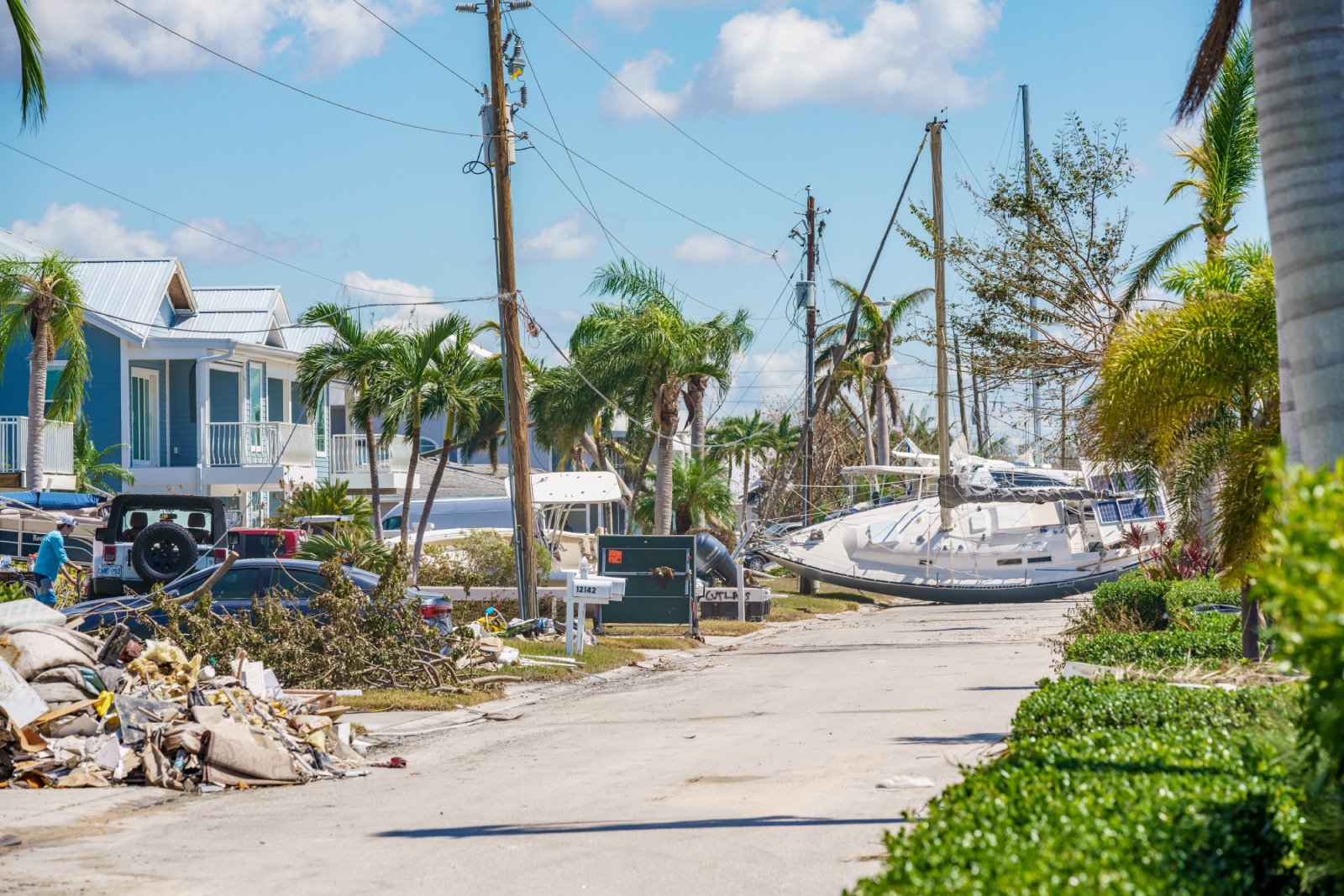
Image Credit: Shutterstock / Felix Mizioznikov
Hurricane Ernesto has created powerful waves, causing a house in Rodanthe, North Carolina to collapse into the ocean. This is not the first time a house has fallen in this community, nor is it likely to be the last.
Impact of Hurricane Ernesto
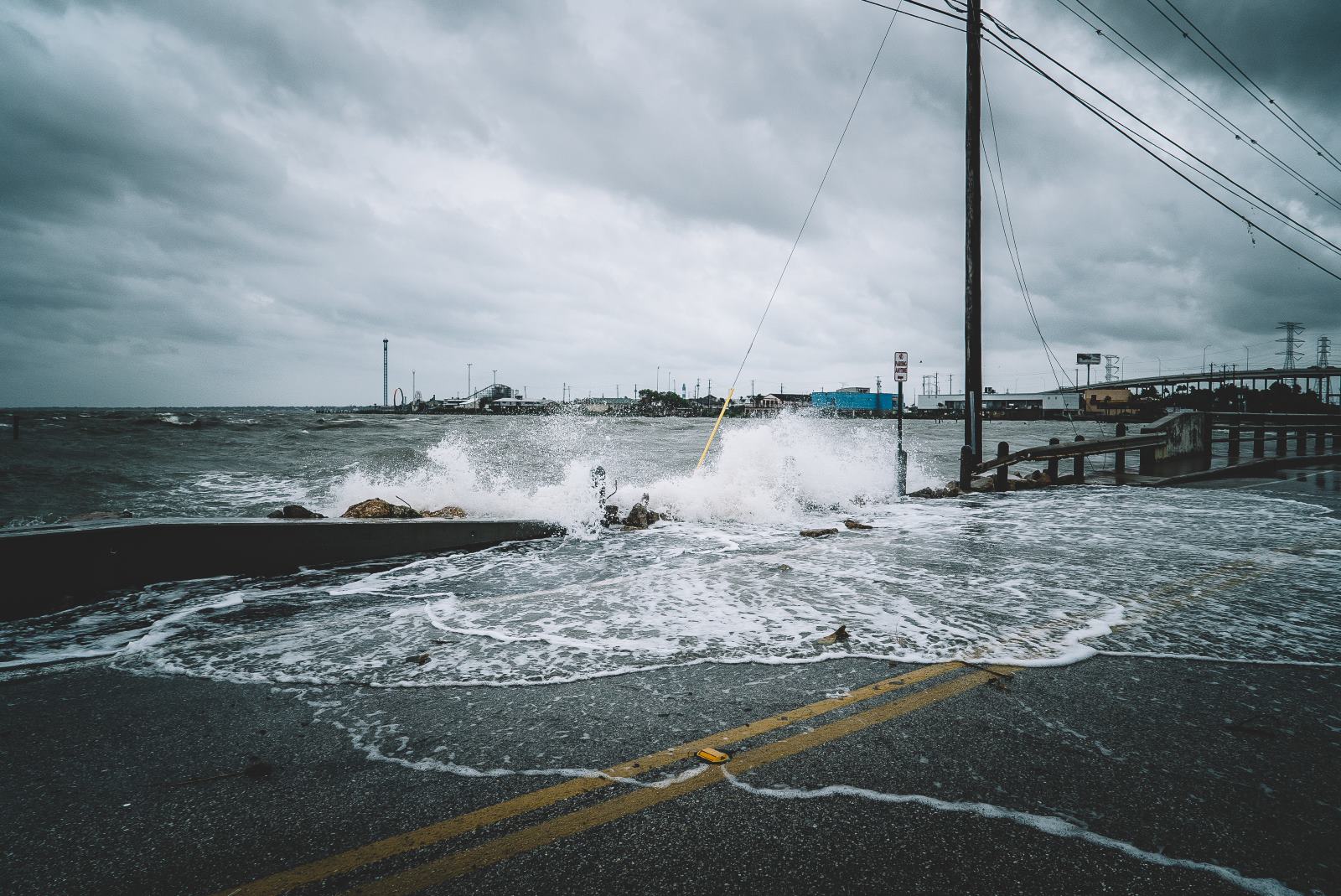
Image Credit: Shutterstock / Cire notrevo
This hurricane is far from the mainland, but has brought strong waves and high tides, causing significant damage. The Outer Banks have been impacted heavily from the storm.
More House Collapses
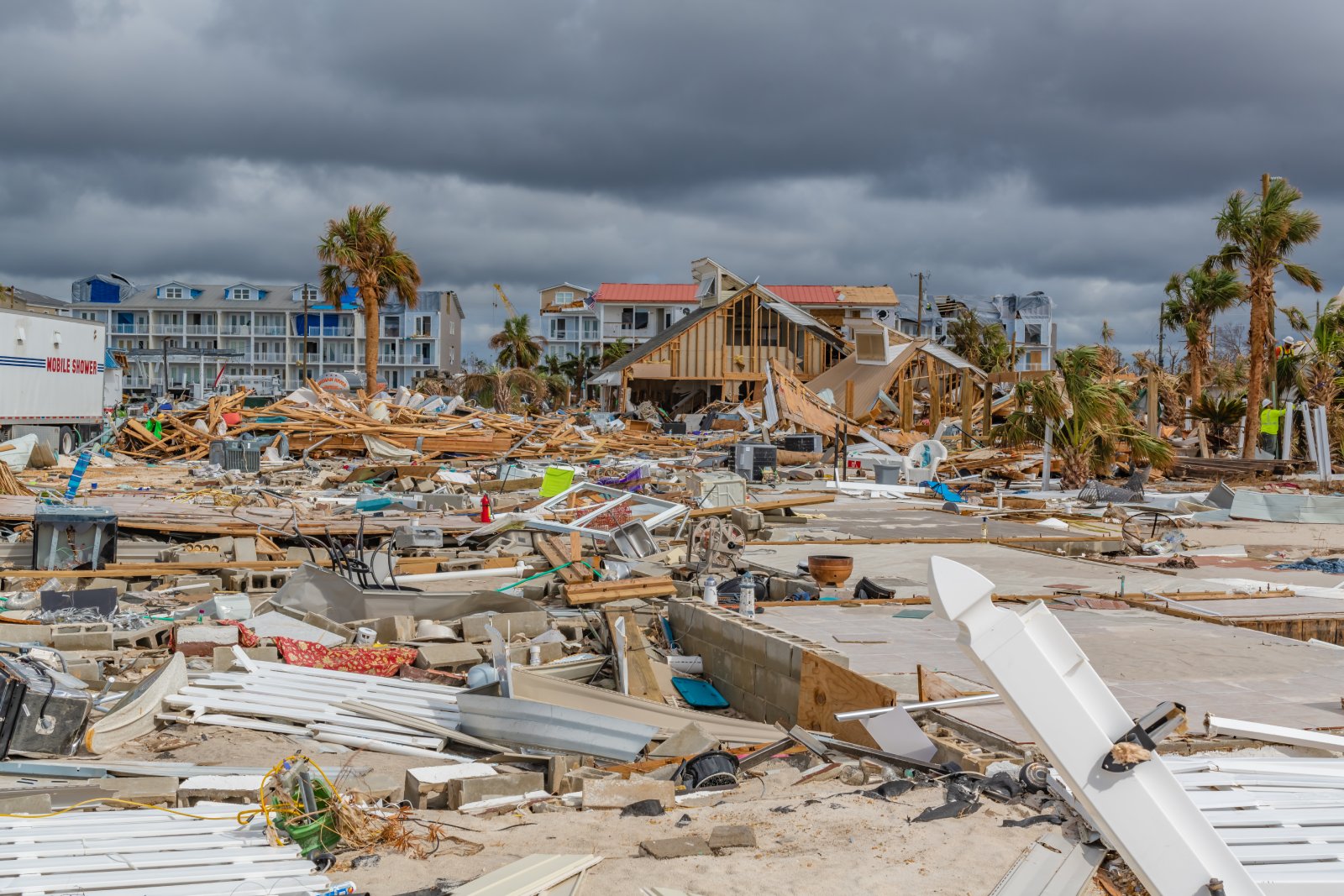
Image Credit: Shutterstock / Terry Kelly
The Outer Banks have experienced many housing collapses in recent years. Worsening coastal conditions as an effect of climate change have made the damages worse.
Climate Change Influence
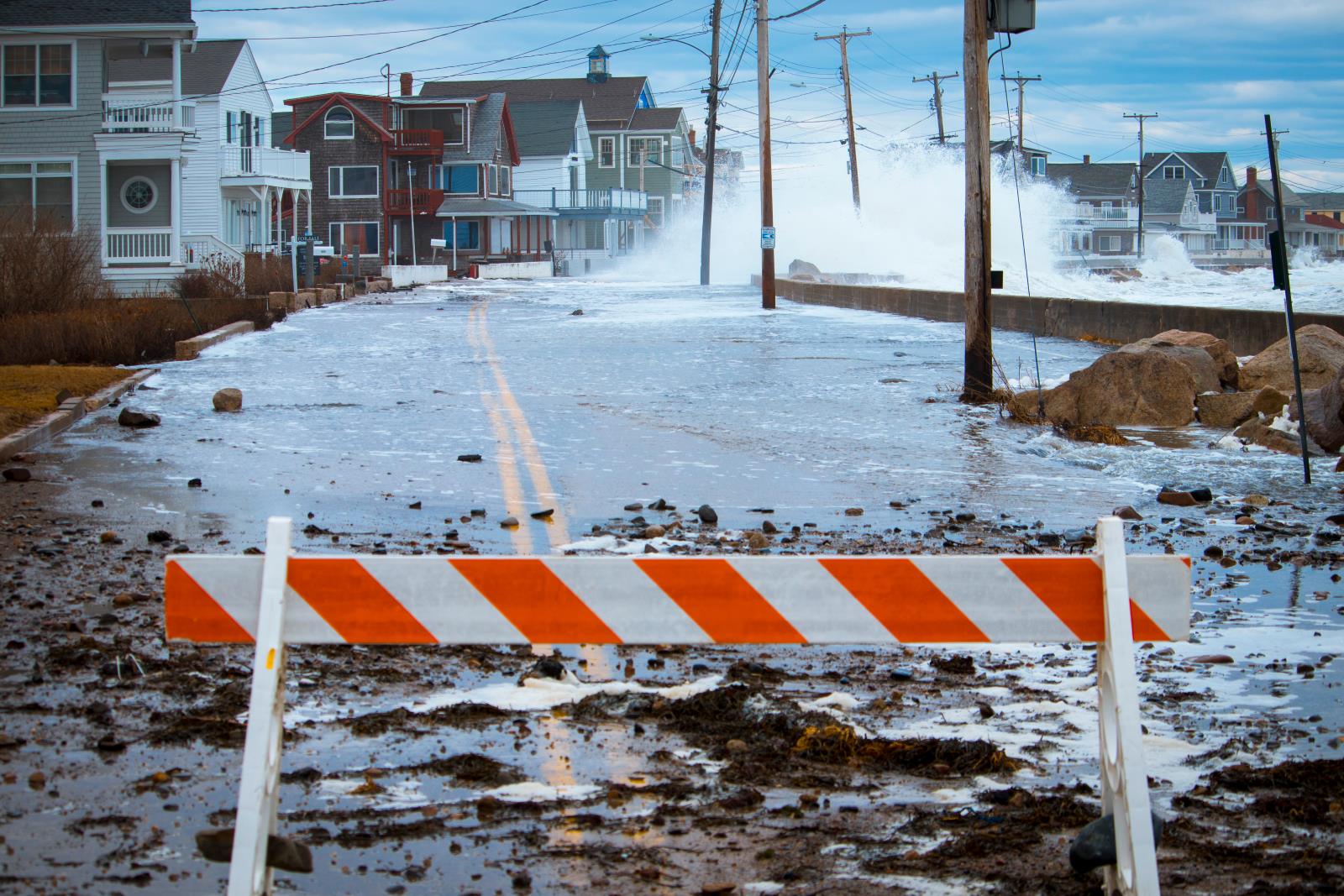
Image Credit: Shutterstock / Arthur Villator
Climate change is not only causing more frequent and severe storms, but also changing the composition of the North Carolina coastlines. Coastal erosion and higher sea levels have made oceanfront properties dangerous to live in.
Rising Sea Levels
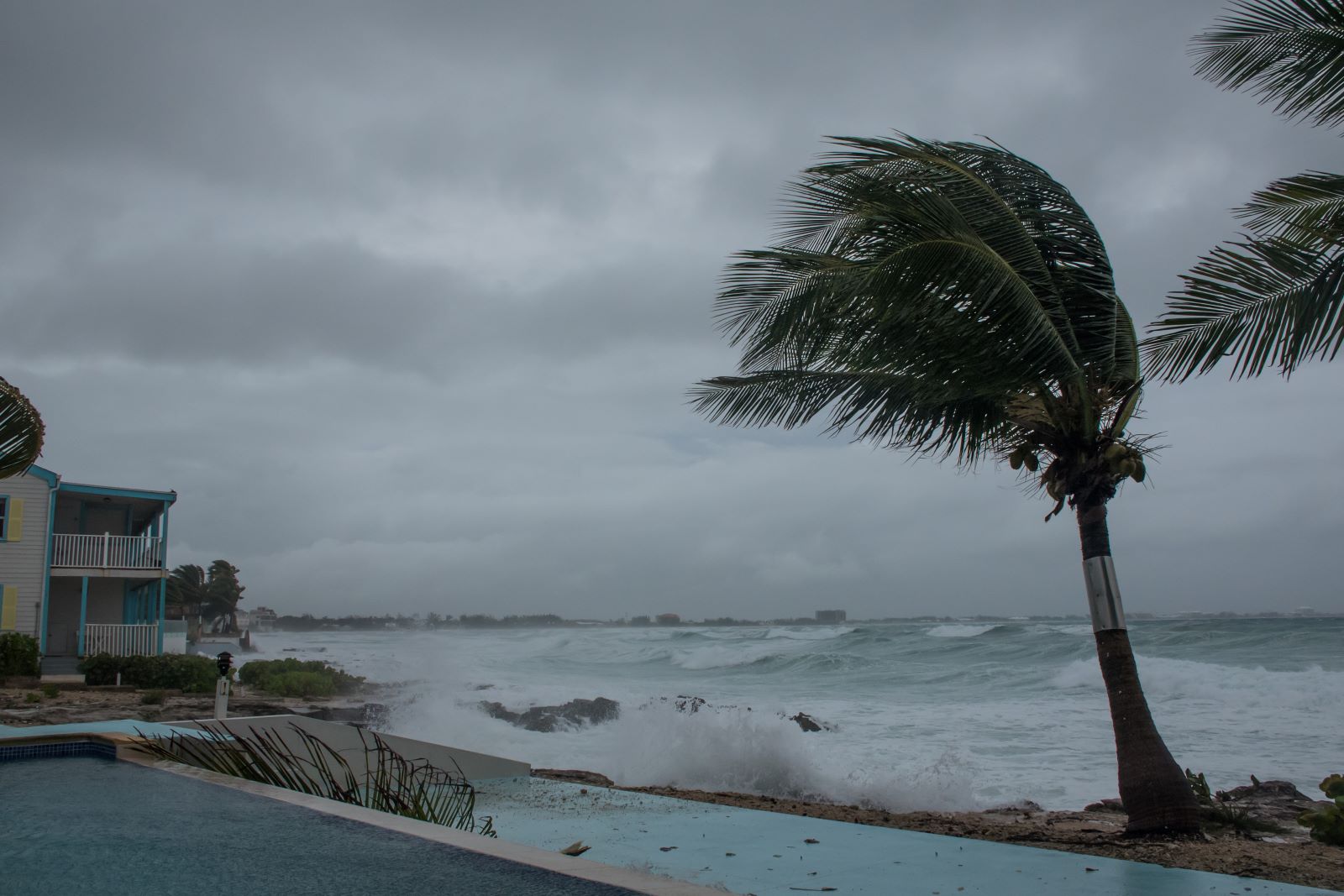
Image Credit: Shutterstock / Drew McArthur
The sea level in North Carolina has risen about half a foot in the last 25 years, and could rise by another foot by 2050. This is a huge threat for current and potential homeowners in the area.
Vulnerability in the Outer Banks
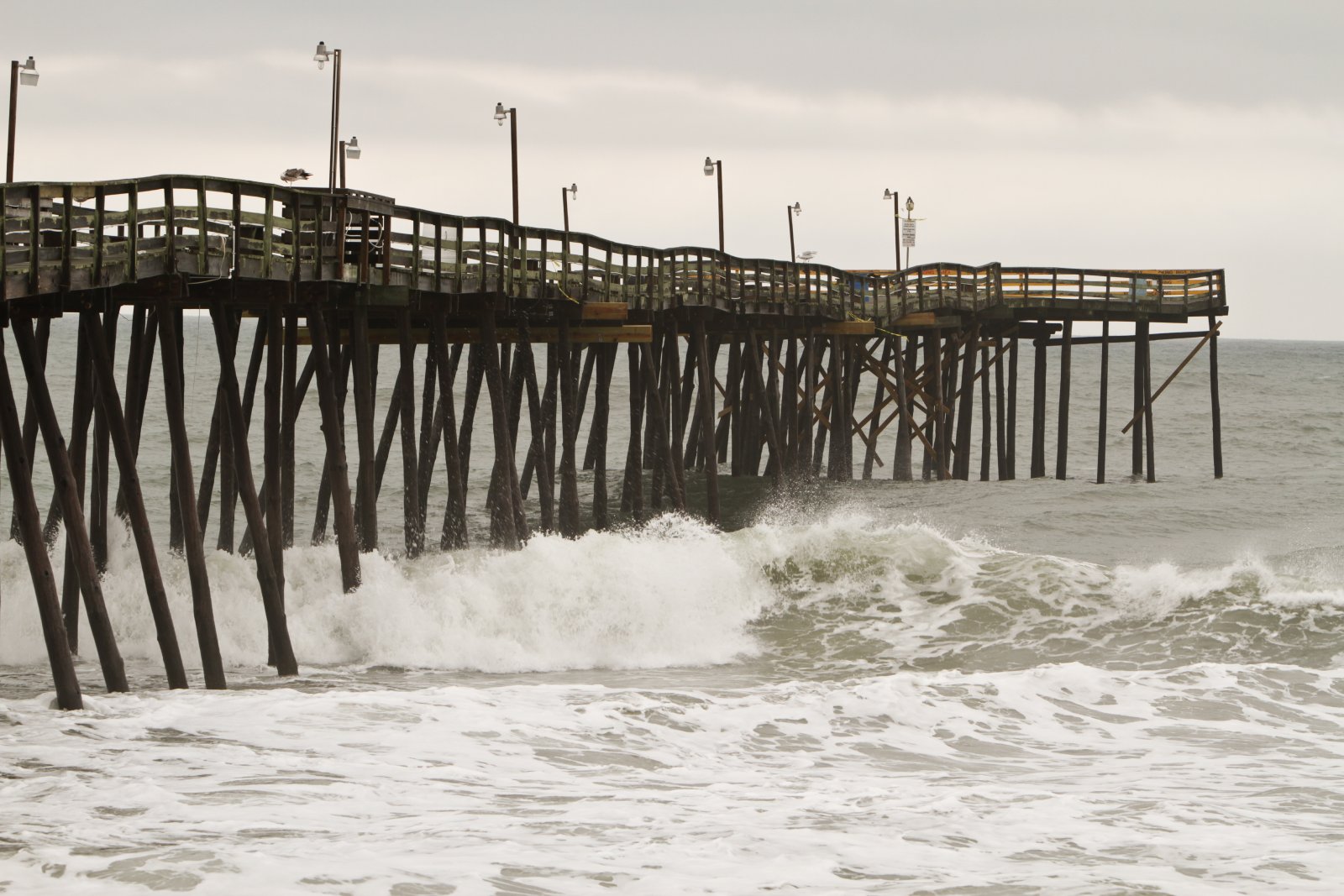
Image Credit: Shutterstock / JASON TENCH
The Outer Banks is a popular vacation destination with rough water and shifting sands that make it especially vulnerable. Rising sea levels could threaten the structure of many North Carolinian homes.
A Small Town Destroyed
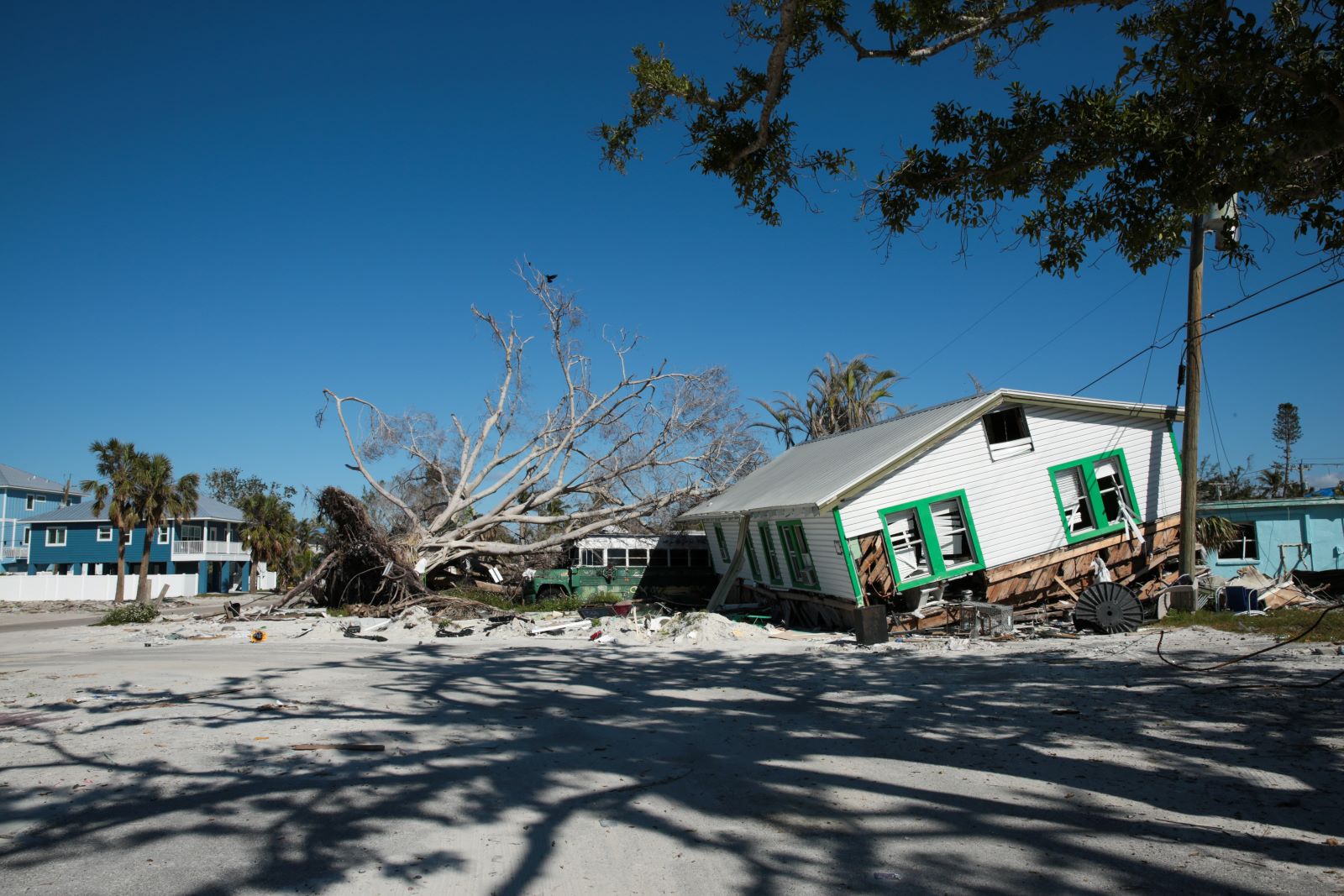
Image Credit: Shutterstock / Angelina Cecchetto
The population of Rodanthe, North Carolina is only about 200 people, but seven homes have been destroyed and left in the ocean in the past four years.
No Injuries, but Concerns

Image Credit: Shutterstock / Halfpoint
These collapses have not resulted in injuries, as they have all been unoccupied at the time of destruction. However, this has still left residents with many expenses from losing their homes and concerns about their futures.
Warnings of Future Collapses

Image Credit: Shutterstock / aerogondo2
Officials have warned that Hurricane Ernesto, along with other future storms, could put more homes at risk of damage or collapse. The risk during extreme storms remains high.
Dangers to Homeowners

Image Credit: Shutterstock / Antonio Guillem
Homeowners living in Rodanthe now face an uncertain future. Their homes are threatened by natural forces beyond their control which are only getting worse, not better.
Limited Options

Image Credit: Shutterstock / fizkes
Residents must decide what to do next. They could relocate their homes, which is an expensive and risky process, demolish them, or wait for them to collapse. All of these options are costly and difficult.
Financial Strain

Image Credit: Shutterstock / fizkes
Each of these options require heavy resources from homeowners, who must plan for the worst case-scenario. This is financially and mentally tolling.
Lack of Funds for Solutions

Image Credit: Shutterstock / fizkes
Governmental support efforts to fix the sand and protect the shoreline have been limited. Funding shortages leave the community with little defense against the current and upcoming storms.
Risking it With Insurance

Image Credit: Pexel / Kindel Media
One potential solution for homeowners currently living close to the ocean would be to wait until their homes collapse and then to claim reimbursement. This naturally depends on coverage, and still poses a threat in other ways.
Homes Destroy Homes
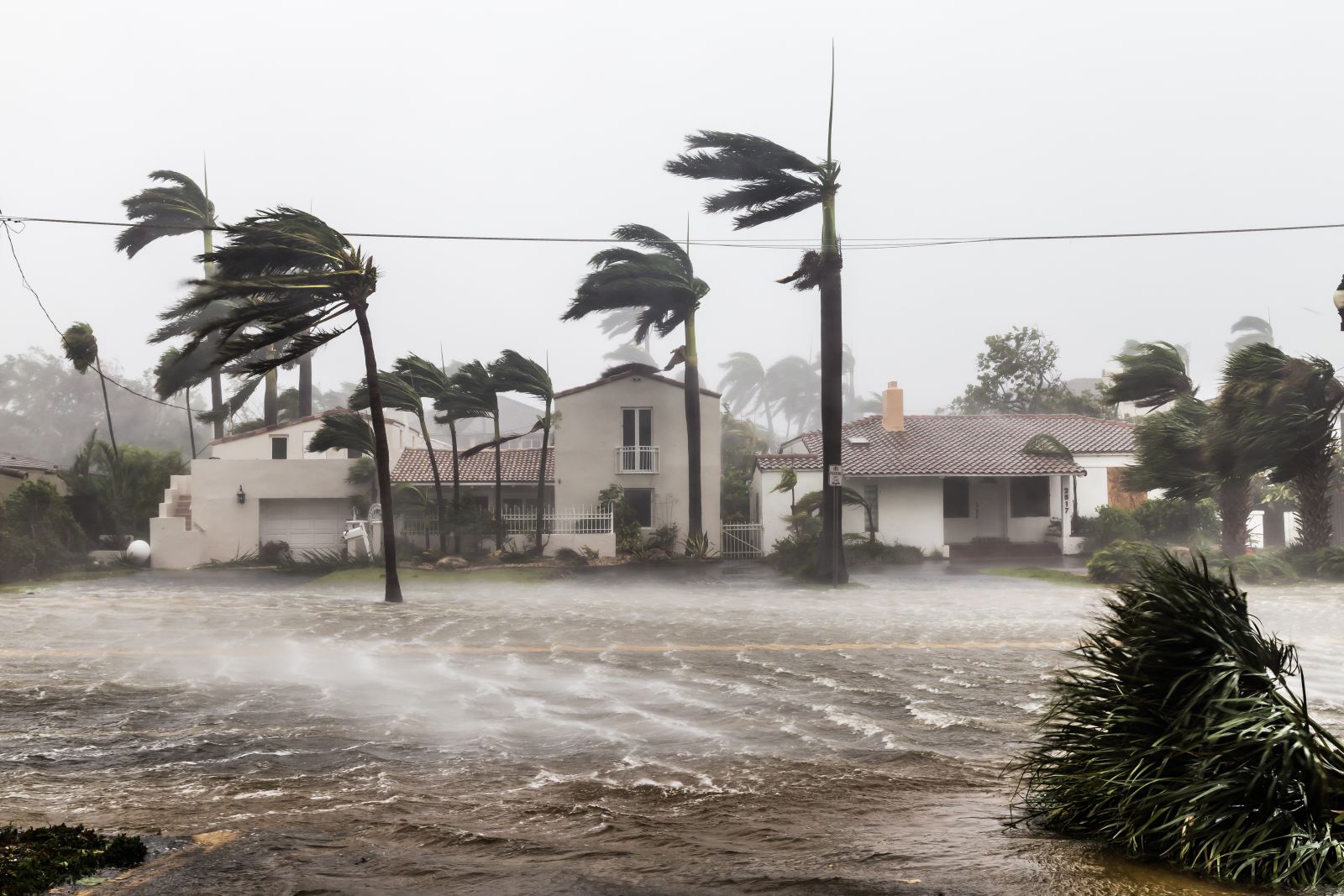
Image Credit: Shutterstock / FotoKina
The debris from these collapsed houses can even cause harm to other homes. When powerful waves carry large pieces of debris, there is potential to destroy more homes.
Threat to the Local Ecosystem
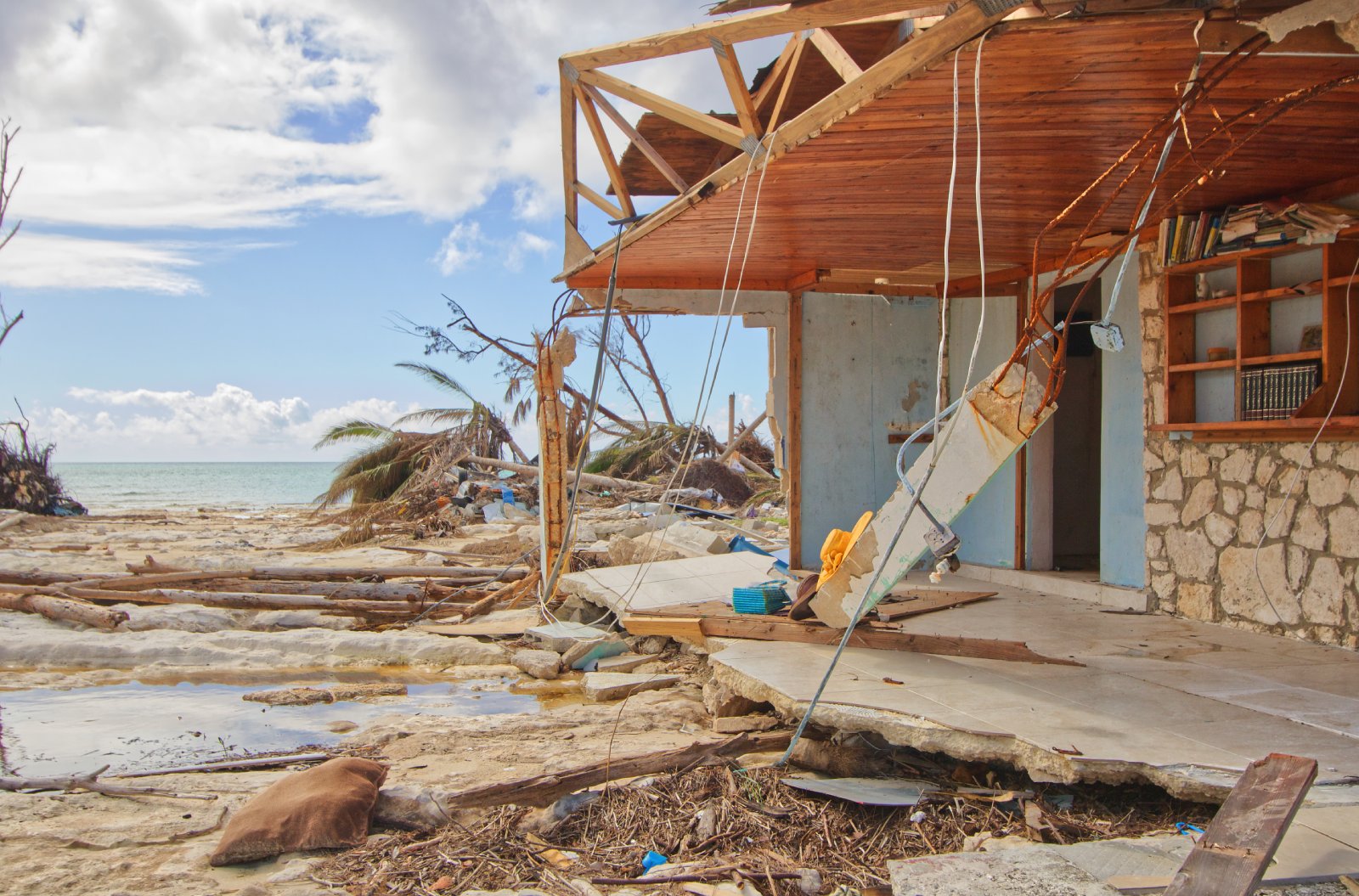
Image Credit: Shutterstock / Anya Douglas
Collapsed homes hurt more than homeowners. The debris from these destroyed homes spread for miles along the shoreline, wreaking havoc on local wildlife and their habitats.
Risks for Beachgoers
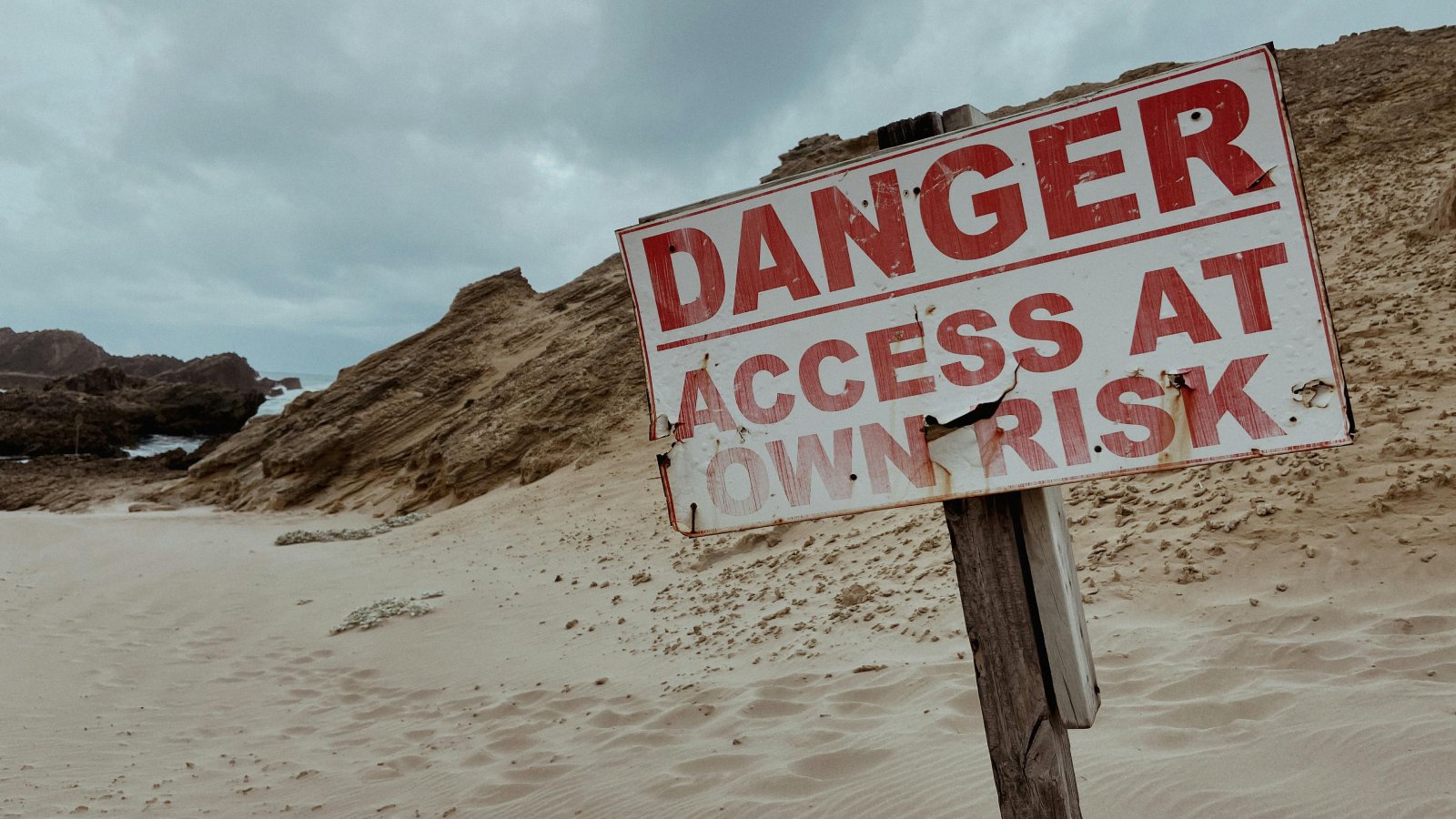
Image Credit: Pexel / Ethan Will
Officials have warned visitors to avoid certain areas of Rodanthe, primarily because of the debris floating along the coast. Being in the water can be dangerous following a house collapse.
Emergency Responses
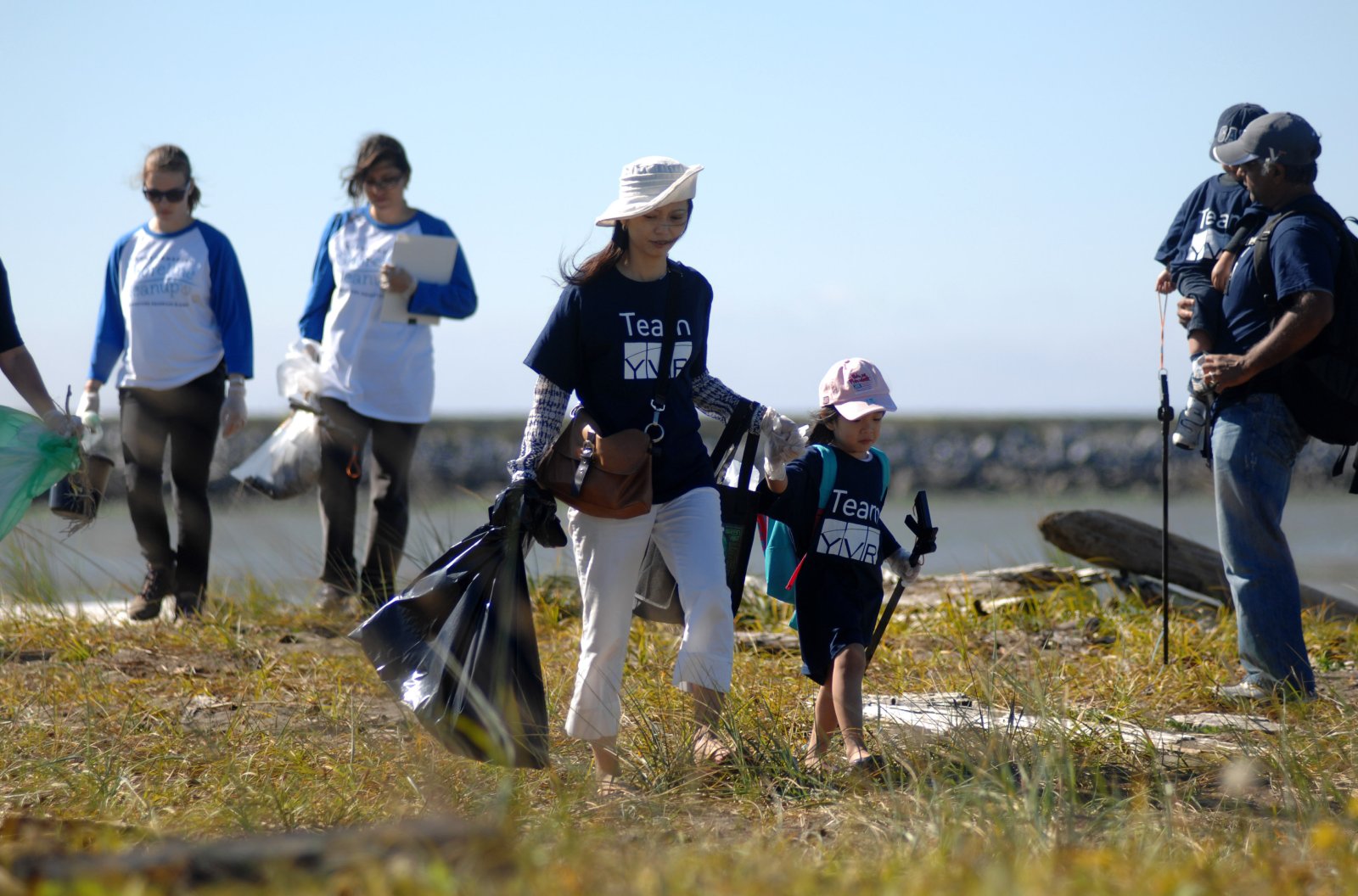
Image Credit: Shutterstock / Sergei Bachlakov
Local officials and the National Park Services are trying to stay on top of these includents. They’re spreading warnings to visitors and locals and creating cleanup efforts to protect the environment and people.
New Pilot Program
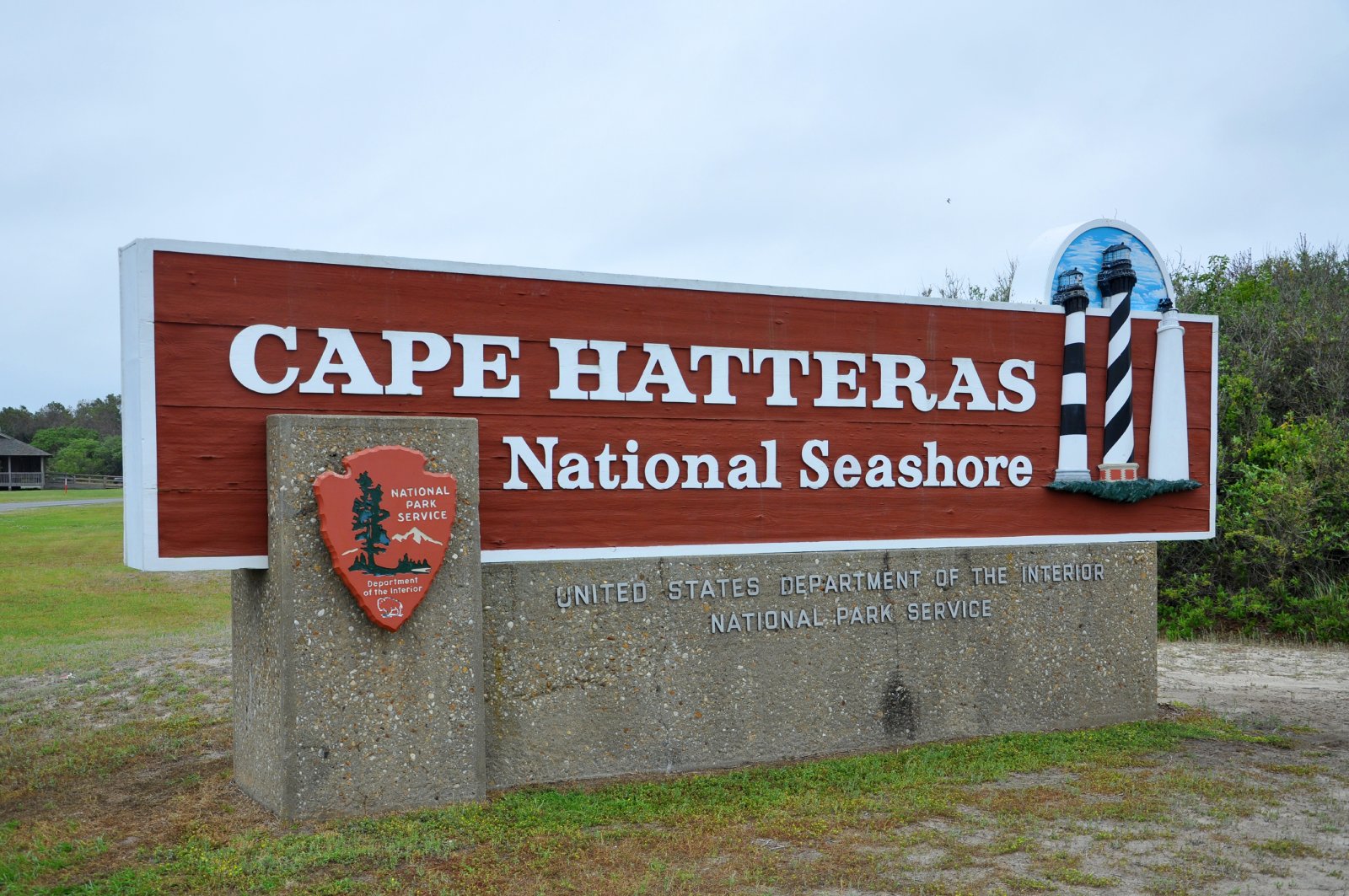
Image Credit: Shutterstock / Wangkun Jia
The Cape Hatteras National Seashore made a pilot program designed to purchase and demolish threatened properties. These programs rely on funding, which is limited, leaving homeowners with an uncertain future.
Need for Better Solutions

Image Credit: Shutterstock / Ground Picture
The continual erosion and house collapses demonstrate the need for better and well-funded solutions. Coastal communities are particularly at risk with these storms, especially if insurance companies choose to respond to the changing climate.
Addressing Climate Change

Image Credit: Shutterstock / Frame Stock Footage
As storms intensify and sea levels rise, it has become clear how urgently we need to address climate change. This situation in Rodanthe is a reminder that communities around the world face similar threats.
DeSantis in More Hot Water as Florida Floods, Again

Image Credit: Shutterstock / Andrew Cline
Florida residents are struggling this hurricane season, and many are pointing the finger at a certain Governor. DeSantis in More Hot Water as Florida Floods, Again
J.C. Penney’s Closures Signal the End of an Era in Retail
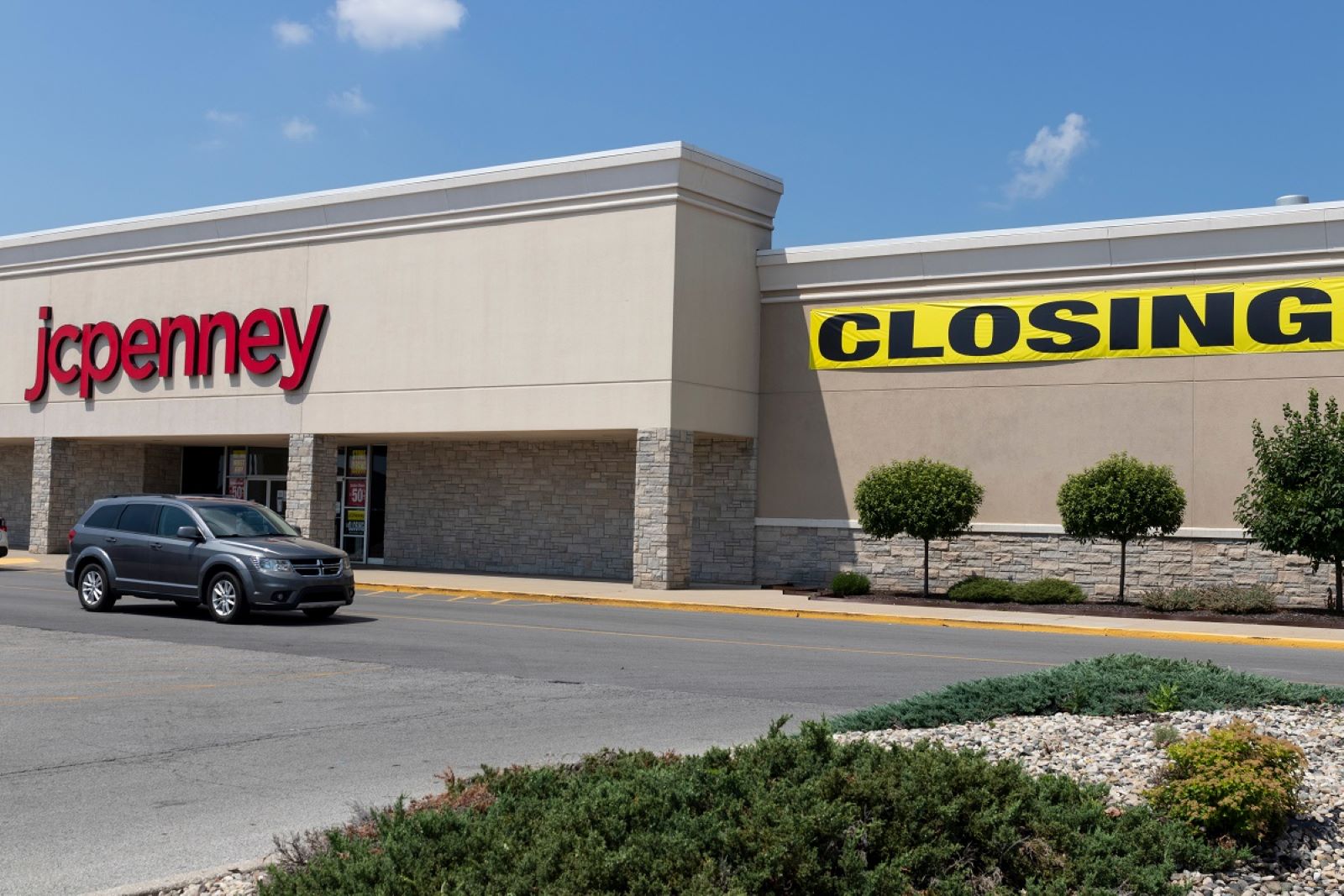
Image Credit: Shutterstock / Jonathan Weiss
Popular department store, J.C. Penney, has announced the closure of multiple stores across the country. This announcement reflects changes in the retail industry as online shopping becomes more popular. But how will these changes affect consumers and the future of in-store shopping? J.C. Penney’s Closures Signal the End of an Era in Retail
Michigan’s Governor Whitmer Lays Down the Law for HOAs

Image Credit: Shutterstock / Gints Ivuskans
Gretchen Whitmer has just taken on HOAs across Michigan. Who won? Michigan’s Governor Whitmer Lays Down the Law for HOAs
Featured Image Credit: Shutterstock / Mhjr1012.
The images used are for illustrative purposes only and may not represent the actual people or places mentioned in the article.

